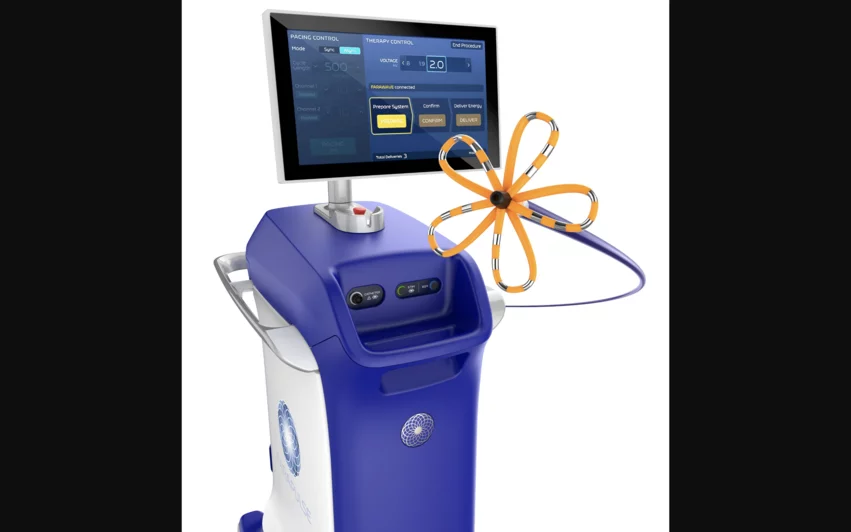Pulsed field ablation safe for AFib patients, large new study confirms
Pulsed field ablation (PFA) has gained significant momentum as a treatment option for atrial fibrillation (AFib) in recent months, with both Medtronic’s PulseSelect system and Boston Scientific’s Farapulse system gaining U.S. Food and Drug Administration approval. The new-look technology, which uses short-duration electrical pulses to target cardiac tissue without the use of excess heat or cold, quickly grabbed the attention of electrophysiologists around the globe with its ability to deliver positive outcomes and reduce the risk of certain complications associated with other ablation techniques.
To ensure PFA is as safe and effective as the early research has suggested, a team of specialists completed MANIFEST-17K, a large international analysis of more than 17,000 patients with paroxysmal or persistent AFib. All patients were treated in 2021 with Boston Scientific’s PFA technology at one of 106 different facilities in Europe or Israel. The full study was published in Nature Medicine.[1]
The mean patient age was 64 years old, and 65.3% of patients were male. While 57.8% of patients presented with paroxysmal AFib, the remaining 35.2% presented with persistent AFib. The average follow-up period was 15 months.
Overall, the team found, PFA was consistently associated with high levels of safety and effectiveness. No esophageal complications were reported, for example, and the stroke and death rates were 0.12% and 0.03%, respectively. In addition, researchers noted, many of the centers included in MANIFEST-17K were relatively new at using PFA technology; the group observed a trend toward improved safety and operators gained experience.
“MANIFEST-17K provides confidence that, unlike conventional thermal ablation, PFA with the pentaspline catheter does not cause the most feared complication of AFib ablation—esophageal damage—nor does it cause pulmonary vein stenosis or persistent injury to the diaphragm,” senior author Vivek Reddy, MD, a known ablation specialist and The Leona M. and Harry B. Helmsley Charitable Trust Professor of Medicine in Cardiac Electrophysiology at the Icahn School of Medicine at Mount Sinai in New York City, said in a statement. “This study found that other general complications were also rare, including pericardial tamponade occurring in approximately one in 200 patients, stroke in one in 1,000, and death in even less than one in 1,000 patients. Given the relative novelty of PFA, these are important safety outcomes.”
Multiple study authors did report relationships with Boston Scientific and Medtronic, as well as other cardiac technology companies.
Click here to read the study in full.
For additional context about PFA, watch this recent Cardiovascular Business video interview with Reddy.


